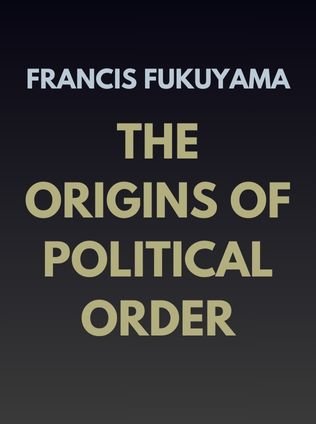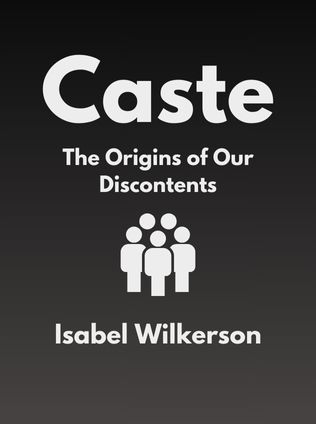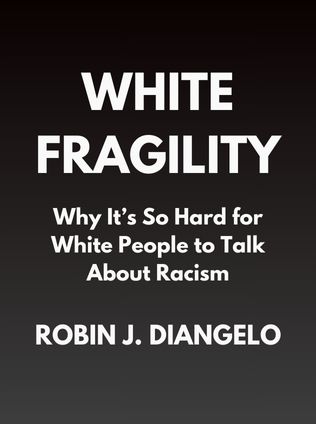
The Origins of Political Order
From Prehuman Times to the French Revolution
By Francis Fukuyama
Published 01/2011
About the Author
Francis Fukuyama is a distinguished political economist, historian, and author, widely recognized for his profound contributions to understanding the evolution of political systems and the development of modern democracies. He gained international acclaim with his book "The End of History and the Last Man" in 1992, where he famously argued that the global spread of liberal democracies and free-market capitalism might signal the endpoint of humanity's sociocultural evolution. Fukuyama’s work is characterized by its breadth, blending insights from history, political theory, economics, and sociology.
"The Origins of Political Order", published in 2011, represents the first of a two-volume exploration of the development of political institutions. This work is a sweeping narrative that traces the roots of political systems from prehuman times to the eve of the American and French revolutions. Fukuyama’s approach is interdisciplinary, drawing from anthropology, history, and political science to provide a comprehensive analysis of how political order emerges, evolves, and sometimes decays. His insights offer valuable lessons for contemporary political leaders, scholars, and anyone interested in the forces shaping modern governance.
Main Idea
"The Origins of Political Order" is a monumental work that seeks to unravel the complex processes that have shaped the political systems we know today. Fukuyama identifies three fundamental components that are crucial for the stability and success of any democratic society:
- A strong state: This refers to an institution that possesses the capacity to maintain order, enforce laws, collect taxes, and wield military power effectively. The state is the central authority that ensures the security and functioning of society.
- The rule of law: This principle asserts that the state itself is subject to a higher legal framework, which it cannot override. The rule of law ensures that power is exercised within the constraints of justice and fairness, preventing the state from descending into tyranny.
- Accountability: This concept involves the state being answerable to its citizens, ensuring that it acts in their best interests and respects their rights. Accountability is essential for maintaining the legitimacy and moral authority of the state.
Fukuyama’s thesis is that the interplay between these three elements determines the nature and stability of political order. A society that successfully balances these components can achieve a functional democracy, while imbalances may lead to authoritarianism, instability, or collapse.
Table of Contents
- Introduction to Political Order
- The Evolution of Political Systems
- The State: Its Origins and Development
- The Rule of Law: Constraints on Power
- Accountability: The People's Voice
- The Interplay Between State, Law, and Accountability
- Conclusion: Lessons for Modern Democracies
Introduction to Political Order
Francis Fukuyama begins his exploration of political order by delving into the origins of human society itself. He argues that humans are inherently social and political beings, a view supported by contemporary research in neuroscience and anthropology. The need for social cooperation and collective action is deeply ingrained in human nature, which has influenced the development of political systems throughout history.
"Humans are fundamentally social and political rather than individualistic. Large-scale social cooperation is the defining feature of humans." - Francis Fukuyama
Fukuyama posits that the earliest forms of human organization were based on kinship groups—small, nomadic bands of extended families that cooperated for survival. These groups were egalitarian by necessity, with leadership based on consensus and respect rather than formal authority. As societies grew and became more complex, these simple structures gave way to more organized and hierarchical forms of governance, eventually leading to the development of the state.
The Evolution of Political Systems
The transition from kinship-based societies to more complex political systems is a central theme in Fukuyama's analysis. He explains that the invention of agriculture was a pivotal moment in human history, as it allowed for the accumulation of surplus resources, leading to the establishment of permanent settlements and the need for governance structures to manage these communities.
As tribes settled in specific territories and began to cultivate land, they faced new challenges that required more sophisticated forms of social organization. These challenges included defending territory, managing resources, and resolving conflicts within larger, more diverse populations. The emergence of tribal societies marked the first step towards the formation of states, as these groups began to develop more formalized systems of leadership and governance.
In this context, religion played a crucial role in uniting larger groups of people under a common identity. Fukuyama notes that in many tribal societies, religion centered around ancestor worship, which reinforced kinship ties and created a sense of shared lineage. This religious cohesion helped to maintain social order and provided a framework for leadership within these early communities.
The State: Its Origins and Development
The state, as Fukuyama defines it, is a centralized institution that exercises legal power over a defined territory. The emergence of the state represents a significant departure from the kinship-based societies that preceded it. States are characterized by several key features:
Sign up for FREE and get access to 1,400+ books summaries.
You May Also Like
Rich Dad Poor Dad
What the Rich Teach Their Kids About Money - That the Poor and Middle Class Do Not!
By Robert T. KiyosakiFreakonomics
A Rogue Economist Explores the Hidden Side of Everything
By Steven D. Levitt and Stephen J. DubnerI Am Malala
The Story of the Girl Who Stood Up for Education and Was Shot by the Taliban
By Malala YousafzaiFactfulness
Ten Reasons We're Wrong About the World – and Why Things Are Better Than You Think
By Hans Rosling



















